Families that rule: Thoughts about Asia's political landscape
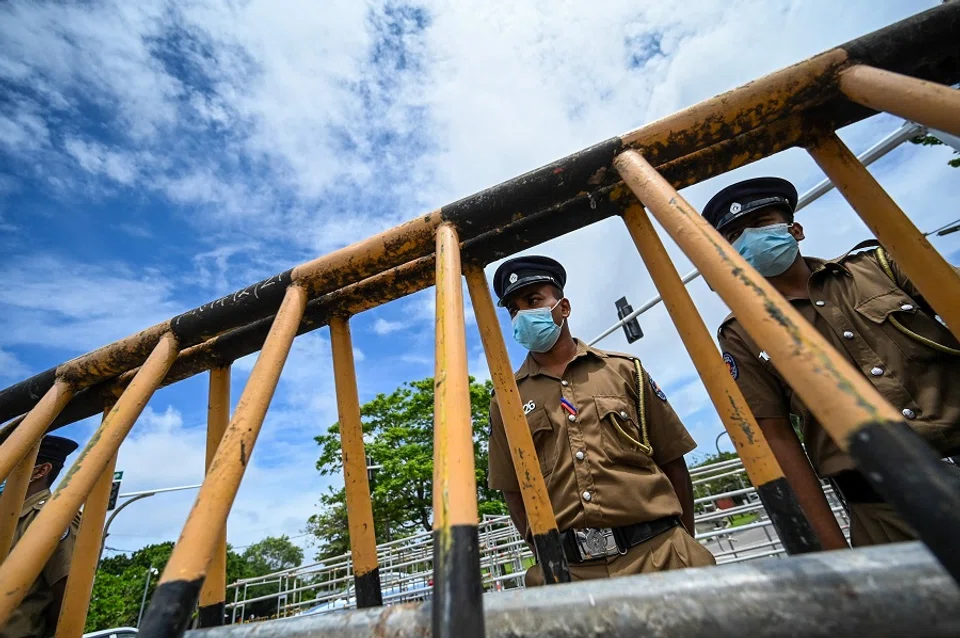
Several Asian countries have experienced political turmoil in the form of regime changes or upheavals around May this year. Having far-reaching political, economic and security impacts on the region, these changes warrant close monitoring.
Flurry of political changes
In South Korea, Yoon Suk-yeol took office as the country's 20th president on 10 May, and immediately relocated the presidential office from the Blue House (Cheong Wa Dae) to the defence ministry's compound in Yongsan district in central Seoul. The Blue House was also opened to the public that same day.
While the South Koreans may not accept the idea of the "Blue House curse" (Yoon and his wife reportedly decided to live elsewhere on the advice of fengshui masters), the political reality is that the newly elected president chose to relocate, and over 2,000 people reported outgoing president Moon Jae-in for his "abuse of power" in phasing out nuclear power the day after he stepped down.
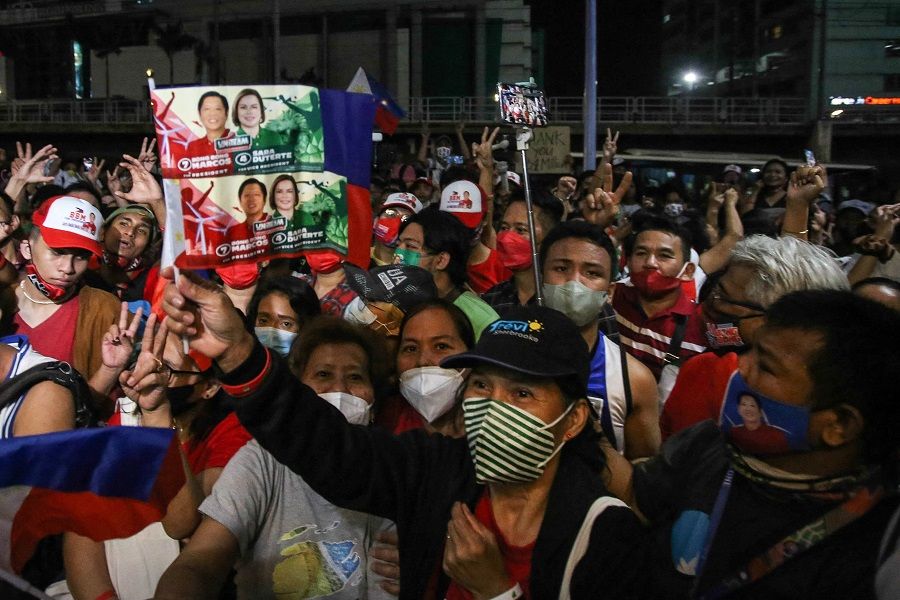
In Southeast Asia, in the presidential elections held on 9 May, over 67 million eligible Philippine voters elected the country's new president and vice president - Ferdinand "Bongbong" Marcos Jr and Sara Duterte-Carpio respectively. While they received over 30 million votes - the highest share of votes in a presidential election since the 1980s - the outside world still focused on their president fathers and the two major political families that they represent.
In Thailand, 36-year-old Paetongtarn Shinawatra was recently appointed as chief of Pheu Thai Party's Inclusion and Innovation Advisory Committee. She has no prior political experience but is the niece and daughter of former Thai prime ministers Yingluck Shinawatra and the more powerful Thaksin Shinawatra respectively.
Over in South Asia, Sri Lanka declared a state of emergency on 6 May and subsequently announced a nationwide curfew on 9 May. However, clashes between government supporters and anti-government protesters in the capital Colombo continued to escalate, forcing Mahinda Rajapaksa, Sri Lanka's prime minister and the leader of the Sri Lanka Podujana Peramuna, to resign. His younger brother is the more powerful President Gotabaya Rajapaksa and they have another younger brother, Basil Rajapaksa, who resigned from his position as finance minister in April.
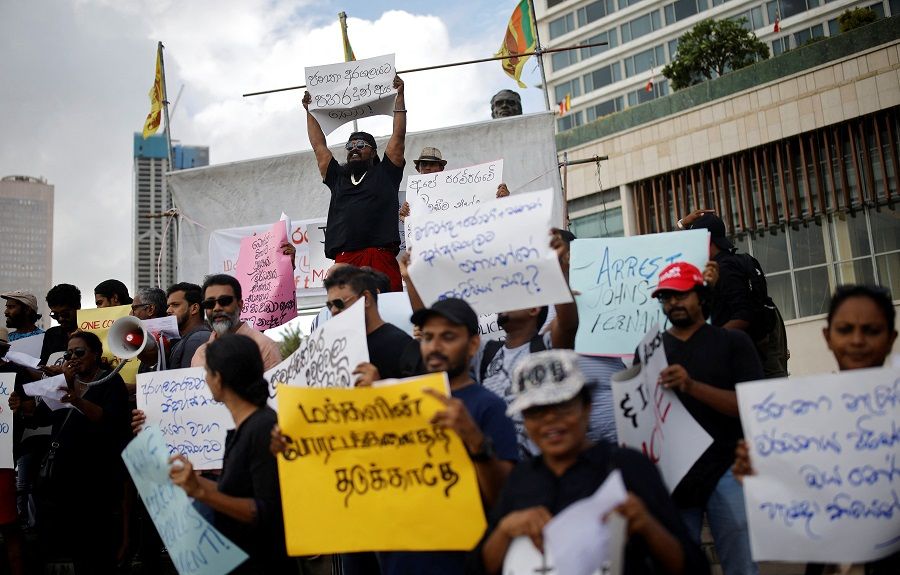
On 11 April, Pakistan's parliament elected Shehbaz Sharif as the country's 23rd prime minister, replacing Imran Khan and becoming the second person in the Sharif family to serve as prime minister. His elder brother Nawaz Sharif served as prime minister for three non-consecutive terms while his deceased younger brother Abbas Sharif had owned a successful family business. Shehbaz Sharif himself was the longest-serving chief minister of Punjab, Pakistan's most populous and economically powerful province.
Also, we must not forget that the military still controls Myanmar; the Taliban is strictly enforcing their interpretation of Islamic law on Afghan women; Kazakhstan has just weathered an attempted military coup; border clashes between Uzbekistan and Kyrgyzstan are ongoing; and intrastate conflicts among Middle Eastern monarchies still persists.
While these countries each have their own models of democratic elections in the modern sense, they do not reflect the true meaning of democracy.
Backward political progress
While the political events and backgrounds of these Asian countries vary, in terms of the process of political development alone, they do not seem to represent the way forward but resemble the backward political events that happened in 19th century Europe.
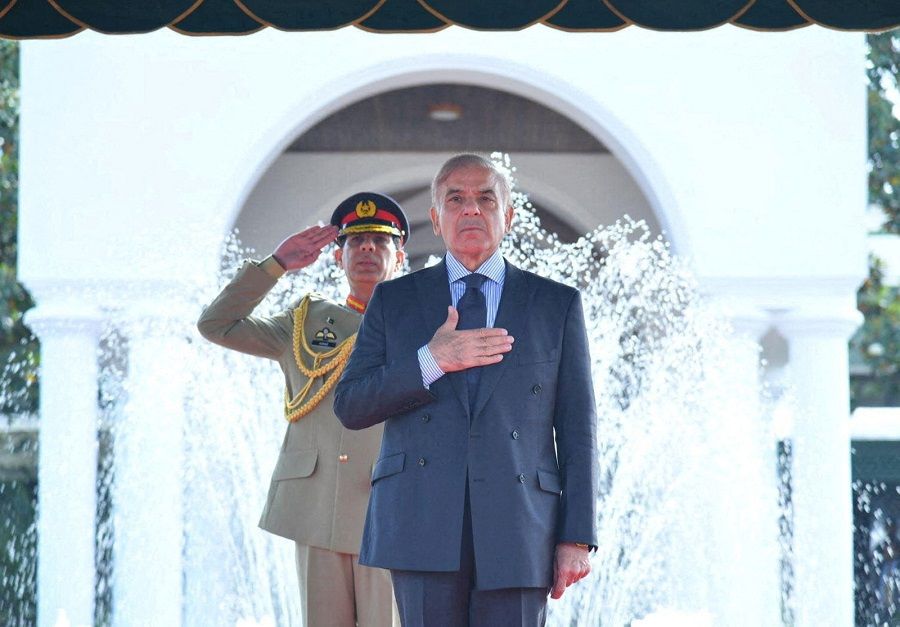
One, political power is still in the hands of a few powerful families and interest groups - regardless of how the times have changed, the ruler ultimately comes from those few families. A list of such families or groups can be found in Asia today, such as Japan's Aso, Koizumi, Fukuda and Abe families; the Philippines' Marcos family; India's Nehru-Gandhi family; Pakistan's Sharif family; and Sri Lanka's Rajapaksa family.
While these countries each have their own models of democratic elections in the modern sense, they do not reflect the true meaning of democracy. Democracy is not only about the people's right to vote but also their right to truly participate politically. Yet, it is clear that people in Asia generally lack such a right.
In South Korea, Pakistan, Sri Lanka and Myanmar today, outgoing political leaders are at risk of legal actions or even blatant political repression.
Two, political rivalry and retaliation are commonplace. Once a leader or a political faction steps down, they are likely to immediately face harsh political reprisal. Once newly installed political administrations hold supreme power, they often want to oppress their rivals as much as possible so that they can never rise to power again.
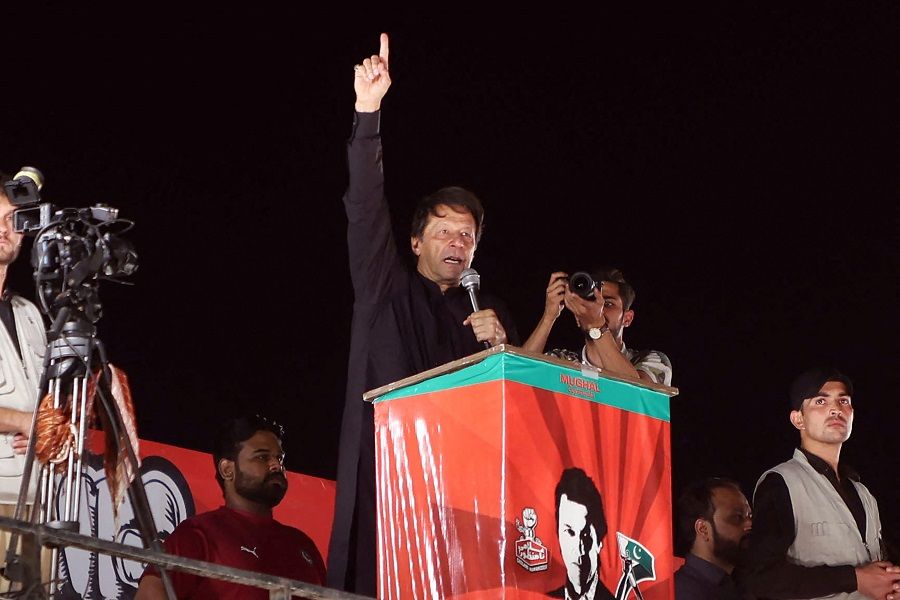
In South Korea, Pakistan, Sri Lanka and Myanmar today, outgoing political leaders are at risk of legal actions or even blatant political repression. These behaviours are clearly the same as the succession struggles of ancient times, where parties involved strive to uproot and completely annihilate the opposing party. Such behaviours would only worsen the confrontation and conflict between different interest groups and prevent political reconciliation.
Three, regime changes often occur in times of fragile peace, which easily results in demonstrations, bloodbaths and civil wars. For example, in Pakistan, Imran Khan's supporters took to the streets, vowing his return to power. In Sri Lanka, the president issued shoot-on-sight orders to quell riots.
In Myanmar, supporters of Aung San Suu Kyi and the National League for Democracy claim that the civil war has been ongoing for months. It is never a sign of political maturity if one has to resort to violence to make their political demands known, not to mention the huge social costs incurred.
These phenomena reflected a country's political civilising process and its people's political literacy level.
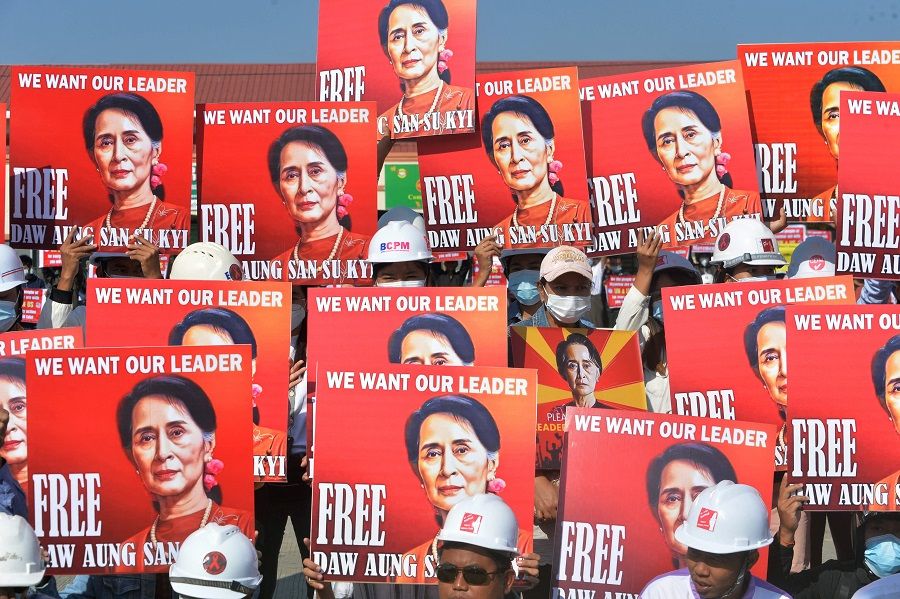
Four, external factors often interfere with internal political processes - not everything bends to human will and great power competition always comes into play, whether intentional or unintentional.
Besides Imran Khan who publicly claim that he had been ousted by the US; Afghanistan and Iran that are struggling because of a lack of diplomatic relations with the US; and Sri Lanka that is getting the cold shoulder from the West reportedly because it leased the Hambantota Port to China, the other countries also have to carefully weigh in between China and the US, they are not in full control of their own internal affairs even though they have never explicitly said so.
While these situations do not represent the entirety of Asian politics and neither do they negate the political achievements, it should be acknowledged that these changes or upheavals are indeed reminiscent of the political struggles of the past, such as pre-First World War Europe with its aristocracy, bloodbaths, secret diplomacy and conspiracies. These phenomena reflected a country's political civilising process and its people's political literacy level.
It is certainly unrealistic to hope that changes will happen overnight, but understanding the current situation and its characteristics is certainly a prerequisite for progress.
Related: Ferdinand 'Bongbong' Marcos Jr, the president-elect who kissed Mao Zedong | Can South Korea's Yoon and China's Xi denuclearise North Korea? | South Korea's new president needs to avoid predecessor's mistakes and reframe foreign policy priorities | Afghanistan's role in changing the power balance in Eurasia | A year on from the coup, Chinese New Year in Myanmar hijacked by politics | Why were Chinese imperial families prone to fratricides and tragedies?
